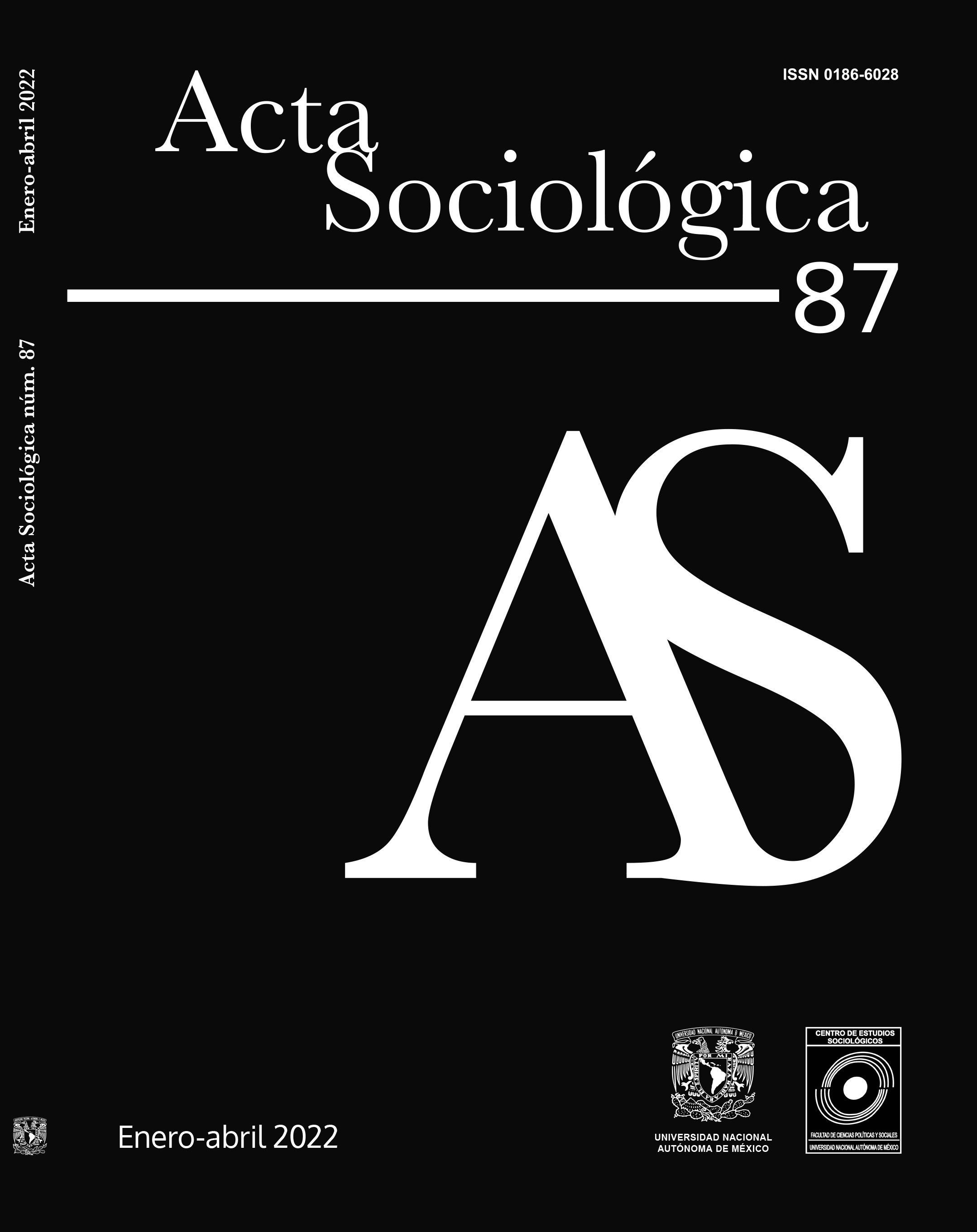Beyond glass and meat: insecurities and labor strategies of fakirs in the Mexico City subway
Main Article Content
Abstract
- The impossibility of accessing a job due to living on the street and living on the street due to the lack of access to the labor market is one of the social correlations that has led the homeless population to configure their own job description. Among the economic activities to which they resort are practices that have been classified as begging and disguised begging; one of them is the performance of a fakir inside the subway cars. Faced with the resolution paradox and exposure of risks in the practice of the fakir, this article describes the social conditions that configure the exercise of the fakir as a job, the insecurities involved, the strategies used to face these insecurities and the influence of street roots and gender on the perception of risk and permanence in the activity, highlighting the criminalization of activity within the Subway as one of the main risks. All the above, from the narratives and work trajectories of a group of people who practice or at some point in their lives have practiced the fakir.
Article Details
How to Cite
Estrada Gutiérrez F. D. (2023). Beyond glass and meat: insecurities and labor strategies of fakirs in the Mexico City subway . Acta Sociológica, (87), 151–186. https://doi.org/10.22201/fcpys.24484938e.2022.87.84927
